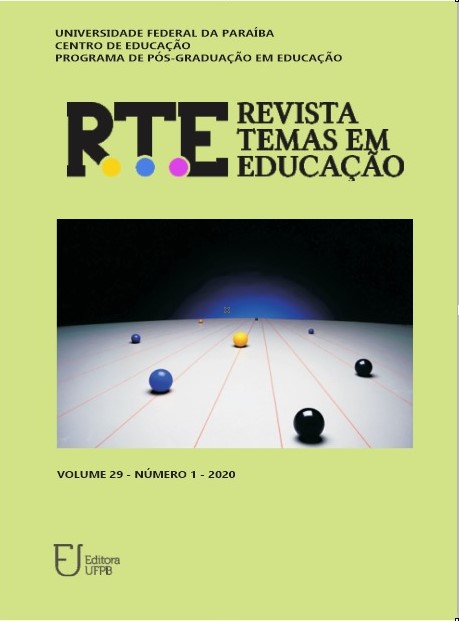UNFORESEEN EFFECTS ON PNAIC IMPLEMENTATION
UNFORESEEN EFFECTS ON PNAIC IMPLEMENTATION
DOI:
https://doi.org/10.22478/ufpb.2359-7003.2020v29n1.49794Keywords:
PNAIC., Continuing Education, Teatcher training, PNAICAbstract
This study aims to analyze underseen effects of the National Pact of Literacy at the Right Age (PNAIC) which had as its main axis the continuing education of literacy teachers. PNAIC was a nationwide policy based on the collaborative regime involving the three federated entities. The policy, although formulated by the federal government, was materialized in the municipalities, which eventually had an unanticipated effect on policy formulation: PNAIC literacy teachers, because of their incentives, went in search of more training than just education offered by PNAIC at both undergraduate and postgraduate levels. This has generated symbolic and material effects for municipal management, which will need to deal with these effects locally. This study, based on a broader research, used documentary analysis, interviews with political actors and a statistical survey of data from different years of the School Census on the change in the educational level of literacy teachers in municipal schools from the state of Rio de Janeiro.
Downloads
Downloads
Published
How to Cite
Issue
Section
License
Authors who publish in this journal agree to the following terms:
. Authors retain the copyright and grant the journal the right to first publication, with the work simultaneously licensed under the Licença Creative Commons Attribution that allows the sharing of the work with acknowledgment of authorship and initial publication in this magazine. . Authors are authorized to assume additional contracts separately, for non-exclusive distribution of the version of the work published in this journal (eg, publishing in institutional repository or as a book chapter), with acknowledgment of authorship and initial publication in this journal.
. Authors are permitted and encouraged to publish and distribute their work online (eg in institutional repositories or on their personal page) at any point before or during the editorial process, as this can generate productive changes, as well as increase impact and citation of the published work (See O Efeito do Acesso Livre).



















